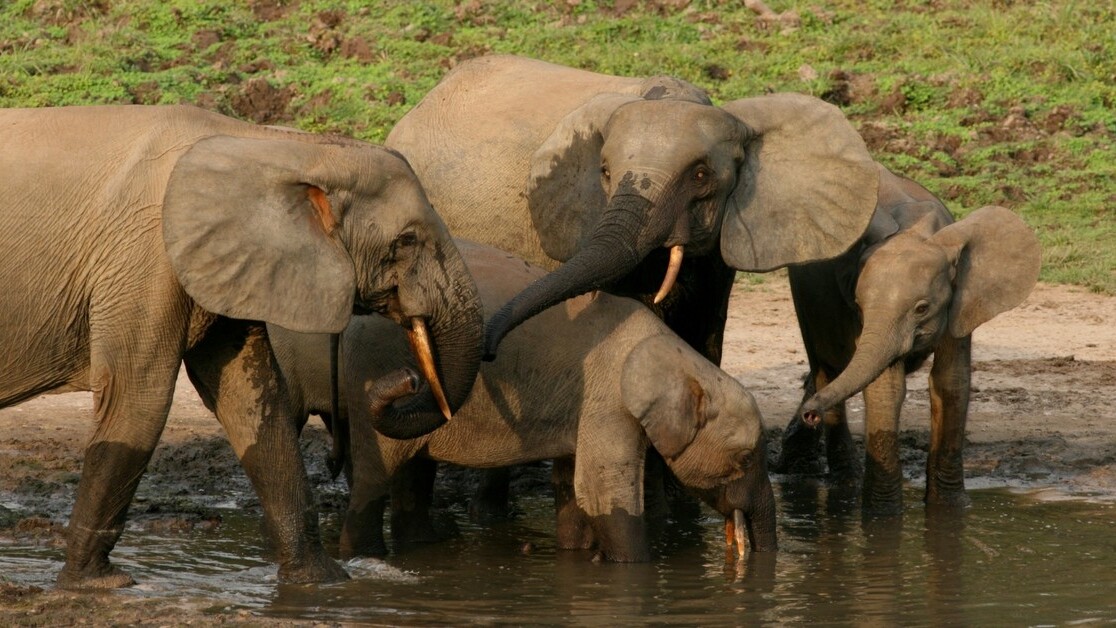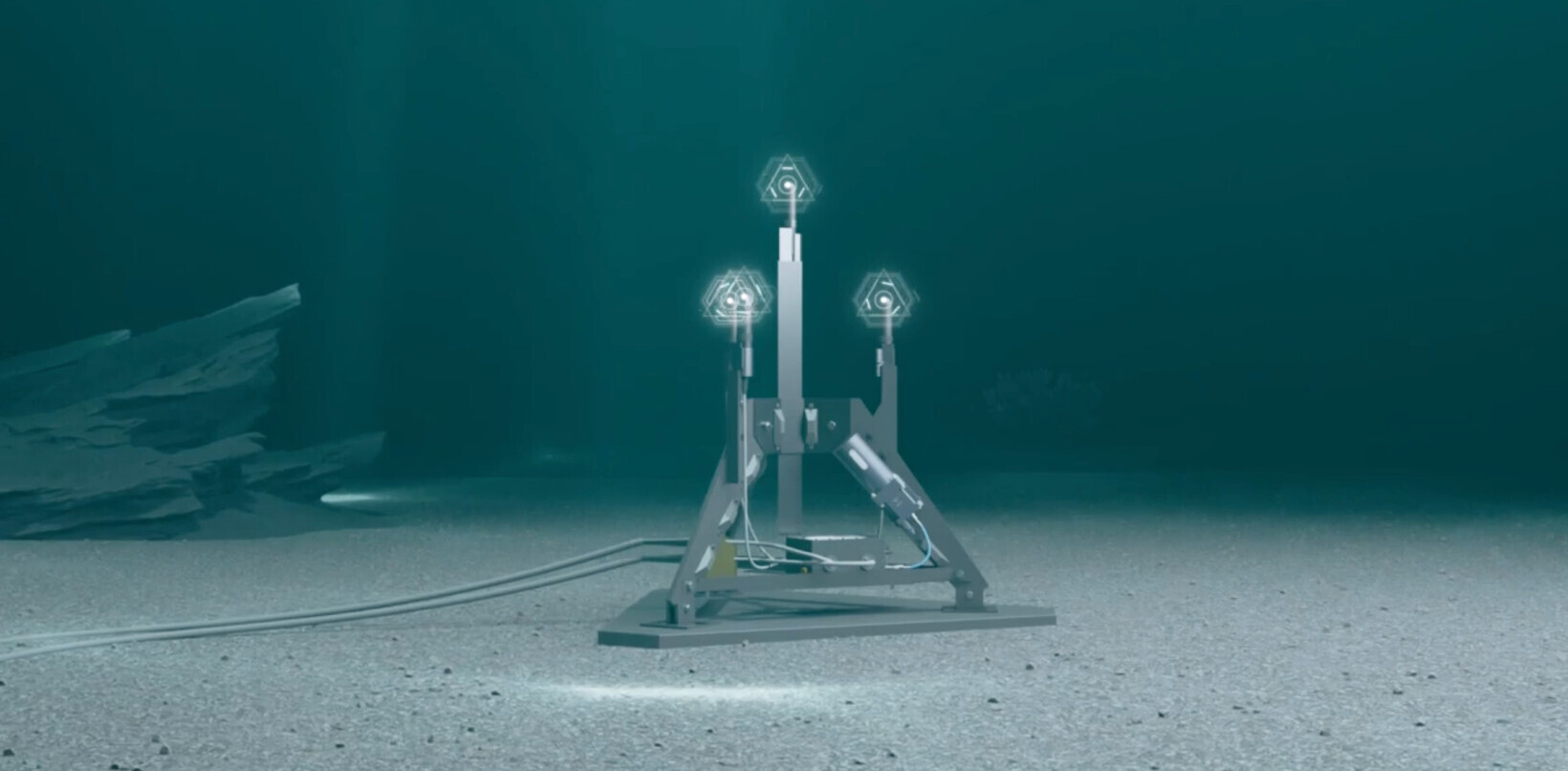
In a move to combat the growing scourge of elephant poaching in Gabon, the country’s National Parks Agency (ANPN) has taken to fitting elephants with GPS-enabled tracking collars. The collars, according to the agency, will not only assist with tracking the elephants in order to fight poaching but also with research into understanding elephants better.
Currently, some elephants in Gabon’s north-eastern national parks of Ivindo and Mwagna have been fitted with collars for this purpose. It is part of “The Project to Combat Wildlife Crime and Ivory Trafficking in Gabon”, abbreviated “Elephant Project” which is part of the Debt Conversion Agreement between France and Gabon.

Gabon’s National Parks Agency believes that with the GPS-enabled collars fitted it will help them have better knowledge of the movement of the elephants in order to understand their seasonal movements and identify key areas for the maintenance of numbers and links between elephant populations. This is in order to ultimately better guide the ANPN’s anti-poaching program as well as human-elephant (CHE) mitigation actions.
Added to this, and quite interesting, is that the collars also offer ANPN the opportunity to collect biological samples from the elephants as well as the morphological data while they are asleep. The project is being carried out by Dr. Pete Morkel (South African veterinarian) assisted on the ground by Richard Harvey (British veterinarian), Dr. Patrice Moukouloutou Nzazi (Gabonese veterinarian responsible for research), and Malouata Miche and Emile Bebe, two trackers from Gabon.
The first target is to fit 20 elephants with the GPS-enabled trackers in both national parks. Thus far, as of January 2018, the team has fitted 18 collars, 8 elephants in the Ivindo National Park and 10 elephants in the Mwagna National Park.
This post was originally published by iAfrikan. Check out their excellent coverage and follow them down here:
Get the TNW newsletter
Get the most important tech news in your inbox each week.




